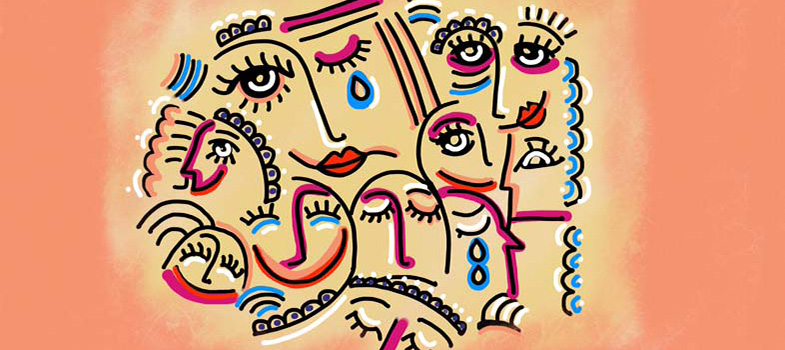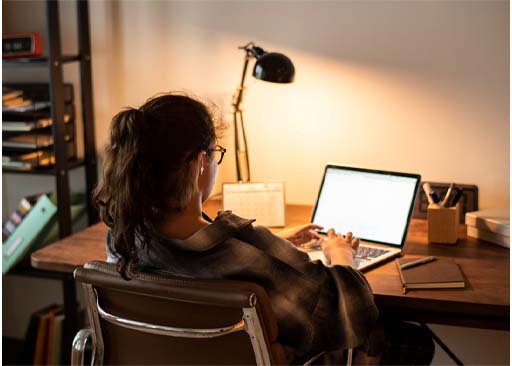2 Social media
Social media gets a lot of bad press about its negative impact on young people (as well as adults). Research indicates that social media is implicated in increasing adolescent depression (Brunborg and Burdzovic, 2019; Raudsepp, 2019) especially in girls (Kelly et al., 2019). It also provides a platform for narcissistic self-promotion and aggression (Stockdale and Coyne, 2020) and acts as a mediator of body image concerns (Marengo et al., 2018). By contrast, however, there is also evidence that social media can provide a supportive environment for young people to make connections and receive mutual support (Radovic et al., 2017).
In the UK, it is becoming compulsory to include online safety in school curricula (Department for Education, 2019; Welsh Government, 2019; CCEA, 2020; Scottish Government, 2017). Many young people are well briefed on online safety, although this doesn’t mean, of course, that they will take all the precautions they have been taught. In the next activity, you will find out about how a young person you know engages in social media and the impact this may have on their mental health. In this section, we will explore these issues by listening to audio and watching video from our interviews with young men and women.
Activity 5: Assessing the Impact of Social Media Use
In this activity, you will explore the varying impacts of social media on young people by watching a series of clips from our interviews with young men in which they are asked to talk about the impact this has had on their lives.
1.3 Managing responses to mental health disclosures




